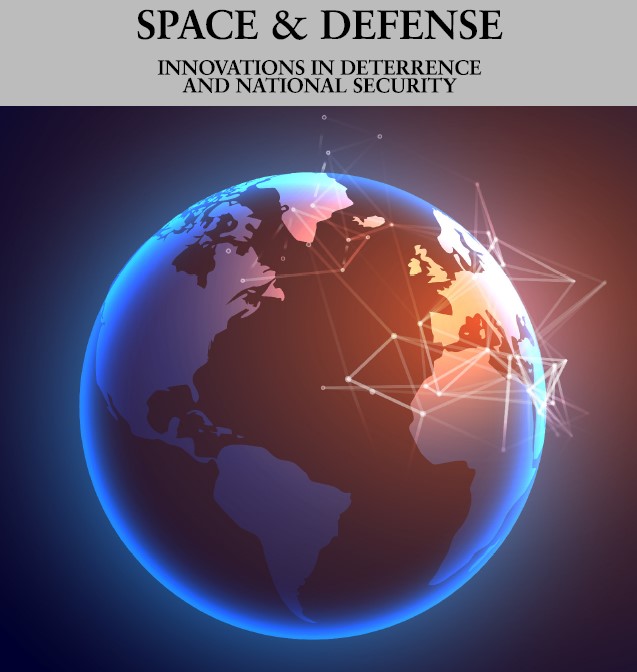Space and Defense

Abstract
Before the beginning of the space age in 1957, the Department of Defense (DOD) of the United States sought to gain the mission and the technologies to carry out human operations in space. Even after 1958, when President Dwight D. Eisenhower made the decision to assign the human spaceflight mission to the newly created National Aeronautics and Space Administration (NASA), DOD champions continued to argue for a role for military astronauts. The military pursued several flight projects in the 1960s, achieved flight status for military astronauts on classified missions on the Space Shuttle in the 1980s, and has continued to advocate a human military mission in space as the twentieth century came to an end. All this happened despite an exceptionally weak rationale for military astronauts in space. While the DOD commitment to human spaceflight has moderated in the post-cold war era, there remains some who seek this activity as a military mission. This essay reviews the history of the military quest for human spaceflight, and suggests that a human military presence in space will come as other humans settle beyond Earth as has long been the case in terrestrial exploration and settlement. It points to the continuing difficulty of developing a rationale for human spaceflight, a difficulty that has come to a head in the early twenty-first century as the Space Shuttle is retired and plans for future vehicles remain unclear.
DOI
10.32873/uno.dc.sd.04.02.1156
Recommended Citation
Launius, Roger D.
(2010)
"“Astronaut Envy?” The U.S. Military’s Quest for a Human Mission in Space,"
Space and Defense: Vol. 4:
No.
3, Article 6.
DOI: 10.32873/uno.dc.sd.04.02.1156
Available at:
https://digitalcommons.unomaha.edu/spaceanddefense/vol4/iss3/6
Included in
Asian Studies Commons, Aviation and Space Education Commons, Defense and Security Studies Commons, Eastern European Studies Commons, International Relations Commons, Leadership Studies Commons, Near and Middle Eastern Studies Commons, Nuclear Engineering Commons, Science and Technology Studies Commons, Space Vehicles Commons
